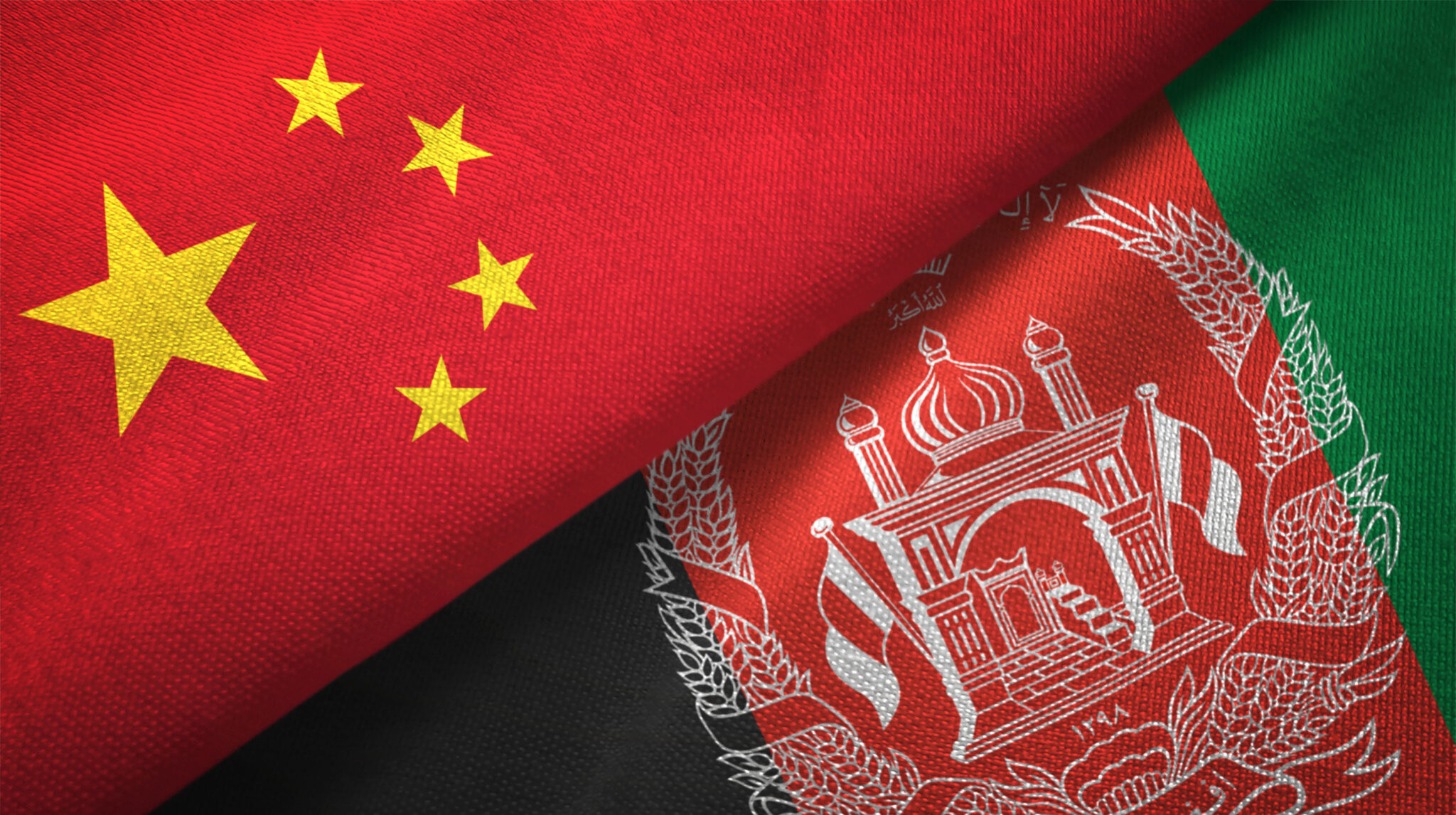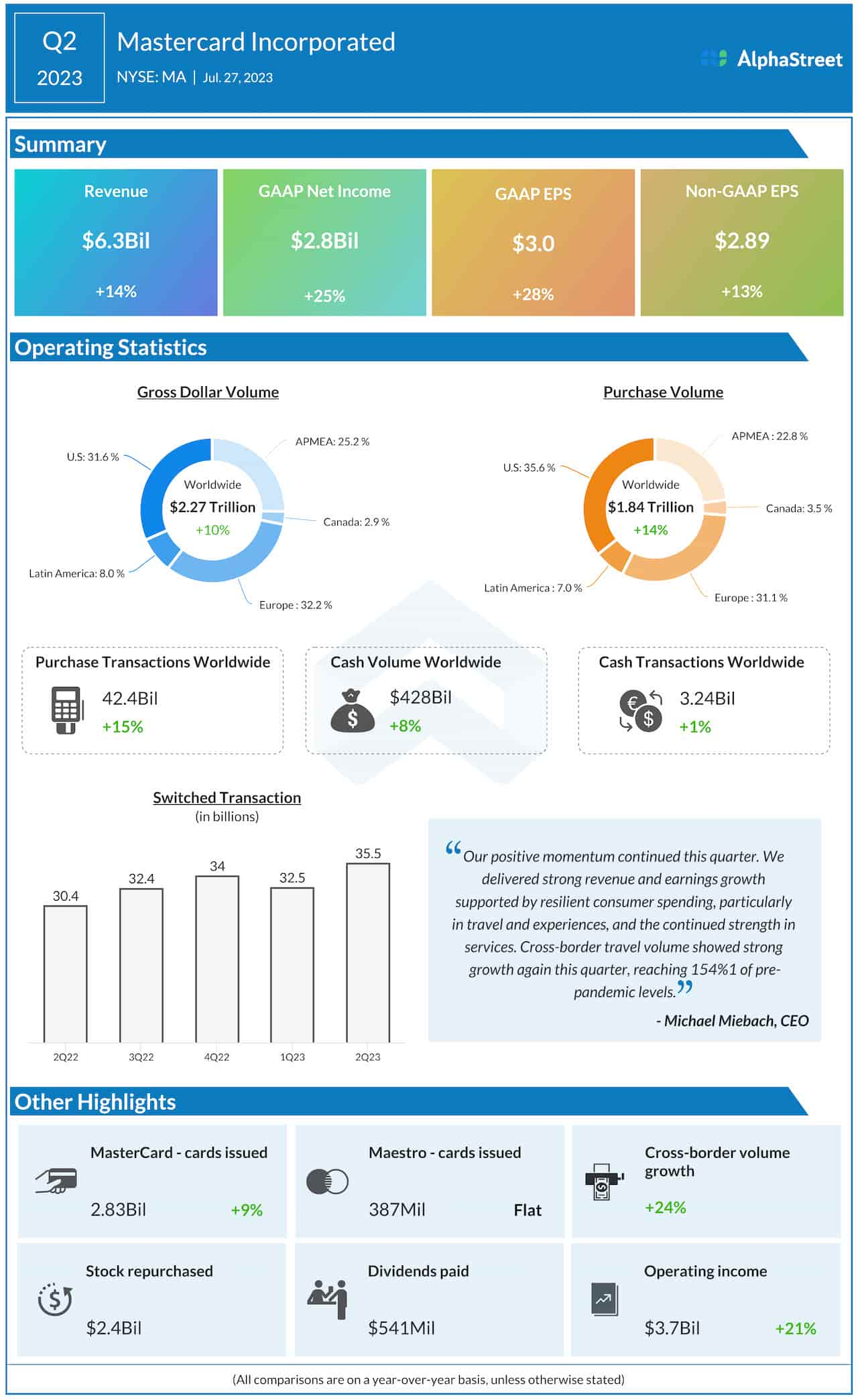Journalist Sugata Srinivasaraju’s Furrows in a Field: The Unexplored Life of HD Deve Gowda is an enthralling account of an ambitious leader from rural Karnataka who became prime minister (PM) of India for 11 months in 1996-97. The biography captures Deve Gowda’s myriad dimensions and the caste, class, regional, and sub-regional obstacles he surmounted or negotiated to forge a political career largely in opposition to the Congress in its heyday. Srinivasaraju recalls the time Deve Gowda’s son HD Kumaraswamy infamously opposed him and allied the party with the Bharatiya Janata Party (BJP) in Karnataka for a year between 2006 and 2007. Deve Gowda then claimed to suffer from depression over his son’s “betrayal”.

The book, published first in 2021, describes Deve Gowda as “organically secular”, but in 2023 this claim appears to be a travesty. The JD(S) and the BJP are now partners in Karnataka, with Deve Gowda’s blessings. “Congress leaders have no moral right to talk about the JD(S). The JD(S) is not politically opportunist. The pact with the BJP is not opportunist. We agreed to the alliance with the BJP to save the regional party. I’ve worked for 40 years to save the regional party. There’s no greed in this,” he said on September 28. HD Kumaraswamy commented how flaky support from Muslim voters in the JD(S)’s strongholds had forced the party to reassess its politics. It didn’t go down well with the party’s president CM Ibrahim, who criticised the leadership and got replaced. Deve Gowda’s volte-face raises calls to question the nature of some regional parties that may, in fact, be sub-regional.
After the recent assembly polls delivered a knockout blow to the JD(S), the latter decided to ally with the BJP. It raises a larger question about the JD(S). How come, especially after having given India a PM, the JD(S) failed to continue as a party with a long-term all-round presence in Karnataka? The answers may have some relevance for most regional parties in India, especially the likes of the Shiv Sena, now split into two groups, and the Nationalist Congress Party (NCP).
Coming back to the JD(S), it is indeed a paradox that a party that boasted of a former PM could not sustain itself as a pan-state powerhouse. This is not unlike other regional parties. The internal caste, community, and sub-regional divides mean that only the BJP or the Congress have been able to forge cross-sectional partnerships with vigorous local leadership. There’s a reason why only they are truly national parties. It’s their political depth in constructing alliances and sustaining them. Except for some like the Bahujan Samaj Party when it was in power in Uttar Pradesh from 2007-2012, the Trinamool Congress (TMC), the Dravida Munnetra Kazhagam (DMK), or the All India Anna Dravida Munnetra Kazhagam (AIADMK), other regional parties look like stragglers on their turf.
The careers of political dynasts such as Sharad Pawar, Deve Gowda, and the Thackerays reveal the limits of sub-regional political sway masking themselves as regional powerhouses. The fact is the JD(S) is no more a Karnataka party but one restricted to the Cauvery belt; Sharad Pawar’s NCP is limited to western Maharashtra and Marathwada; and the Thackerays, even at their zenith were not a dominant force outside the Mumbai-Pune regions and coastal Maharashtra. They managed to turn the Mumbai municipality into their electoral fortress. This accrued to them disproportionate power that could spasmodically bring to a halt India’s financial capital.
It’s never easy for a sub-regional party to become a regional one, or even establish a state-wide presence in large, layered states. At some point or other, they have allied with national parties and contradicted their ideologies. The DMK was part of the BJP-led National Democratic Alliance from 1999 to 2004 and then with the Congress-led United Progressive Alliance. Yet in states such as Tamil Nadu, the DMK and the AIADMK (which recently ended its partnership with the BJP), have had grassroots presence throughout their terrain. The same holds for the TMC in West Bengal. But neither of these states have had such huge figures known across India like Sharad Pawar or Deve Gowda. Both Pawar and Deve Gowda had time and momentum with them once. It must be so worrying to them that despite their canniness, the parties they built for so long now struggle for survival.
Rahul Jayaram is a teacher and writer in Bengaluru. The views expressed are personal















